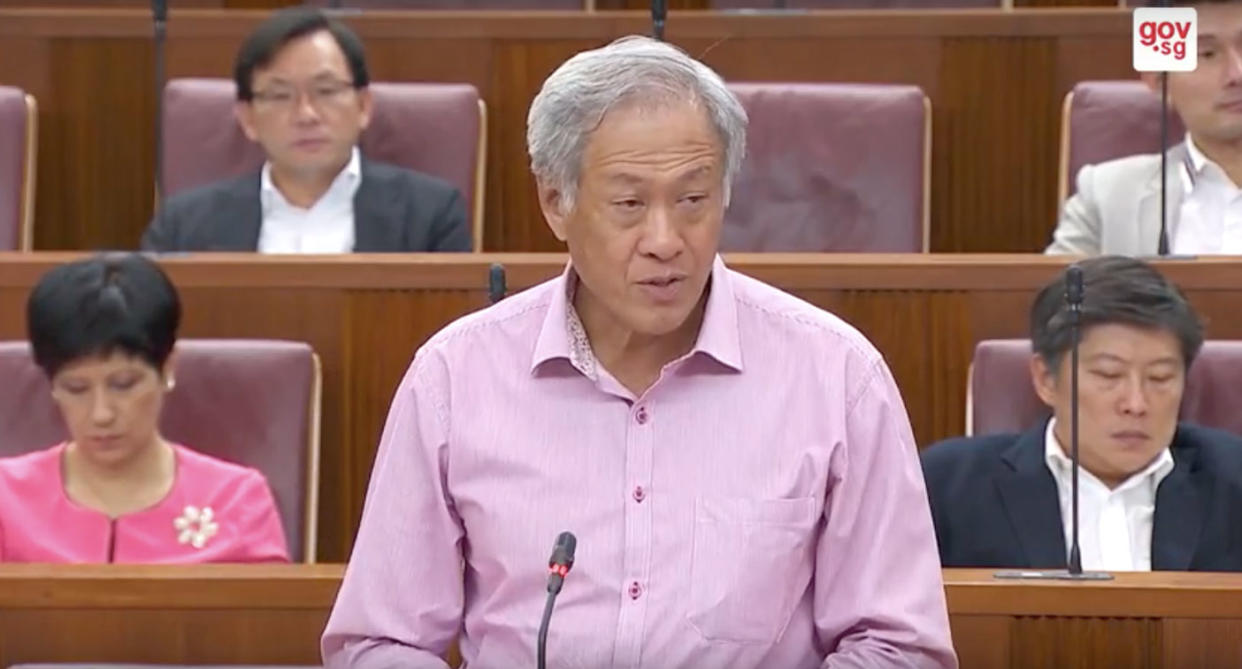No spike in defence spending for next decade: Ng Eng Hen

Thanks to the government’s investment in a strong military over the years, Singapore will not have to radically increase defence spending over the next decade, said Defence Minister Ng Eng Hen in Parliament on Friday (2 March).
While the gap between the Republic’s defence spending and that of the rest of ASEAN has widened over the last 10 years or so, there is no need to play catch-up. “We can maintain the Singapore Armed Forces’ capabilities with a defence spending that roughly keeps pace with inflation, around three-to-four per cent increase each year. And even for the next decade, MINDEF does not foresee any spike in defence spending,” said Ng.
He added, “Obviously, this will not apply if there are exigencies or unexpected scenarios (such as) terrorist attacks, or if the security environment deteriorates.”
Speaking during the Committee of Supply (COS) debate on Budget 2018, Ng noted that at its height, defence spending took up a third of the government’s budget. It currently stands at 19 per cent. The 59-year-old noted, “Defence must always be seen in perspective: What you spend is never as important as what everyone else spends.”
He recalled the “stern admonishment” of the late Lee Kuan Yew in 1967 when National Service was introduced: ”If you who are growing up do not understand that you have got to defend this, then I say in the end we will lose. Other people will come, smack you down, take it away.”
Ng also paid tribute to the “unequivocal commitment” of previous generations of Singapore leaders to building up the Singapore Armed Forces (SAF), even when there were many competing and pressing needs. “The government of the day had to make hard decisions. Every dollar spent on building up the military was a dollar taken from other needs. Yet, they paid the price to build up a strong SAF.”
The result – an SAF that has contributed to peacekeeping and humanitarian missions in the likes of Timor Leste, Afghanistan and Iraq, and even helped with relief efforts in the wake of hurricanes in the United States.
Ng alluded to European countries that reduced defence spending to their regret. For example, Lithuania did away with National Service after the Cold War but decided to restore it after the annexation of Crimea by Russian forces in 2014. Denmark also announced last October that it would increase defence spending by 20 per cent over the next five years.
The minister said that Singapore had learned two “crucial lessons” over the years: “The best time to prepare for trouble is during peace, and in the long run, steady investments into military capabilities maintain peace through deterrence.”
Parliament stories:
K Shanmugam and Sylvia Lim clash in Parliament over planned GST hike



